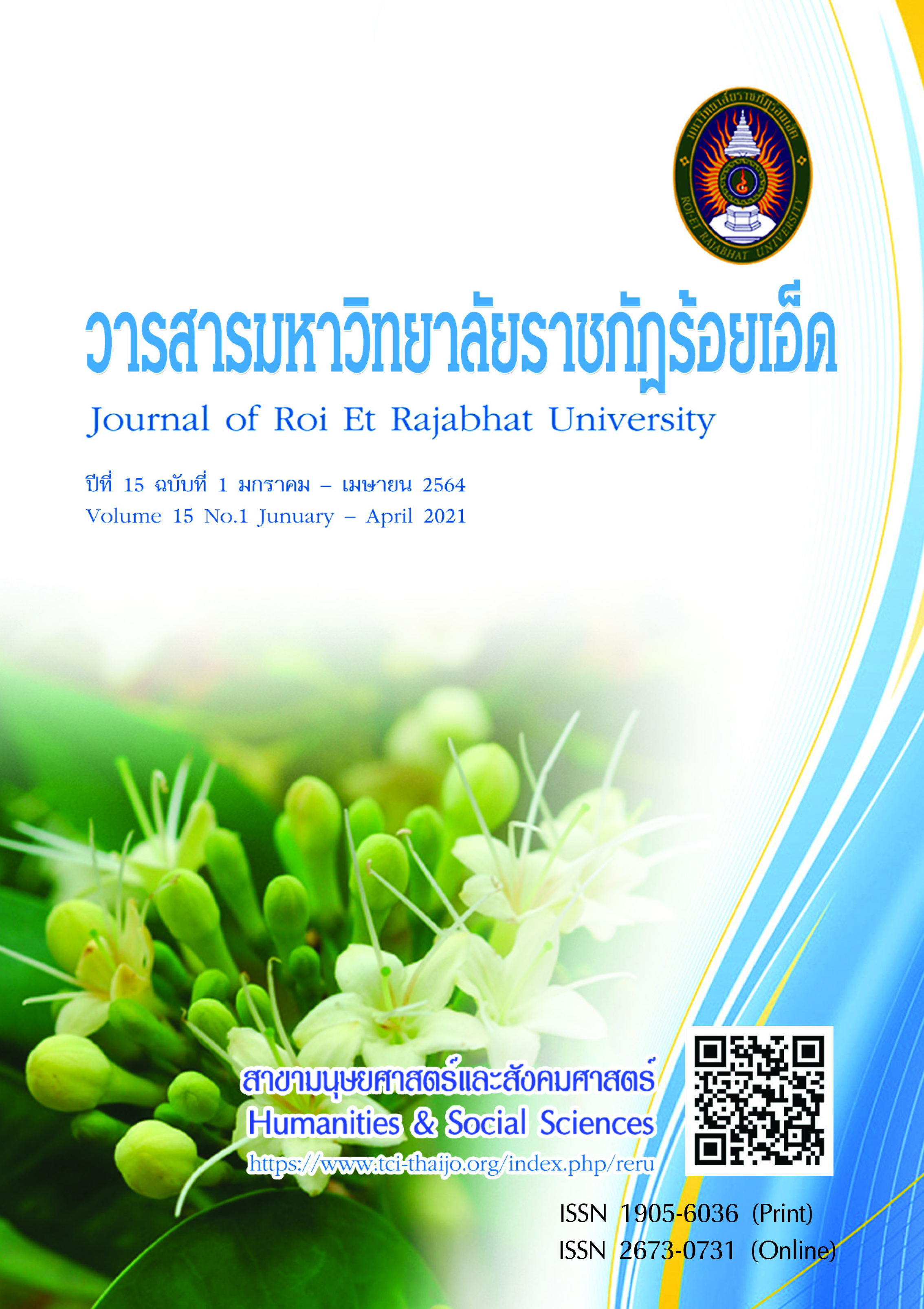Securities Regulation in Thailand: Rules-based or Principles-based Approach
Keywords:
Securities regulations, Principles-based approach, Rules-based approachAbstract
This article aims to study related problems concerning market manipulation in Thailand. The first objective is to study regulation theory and concepts of Principles-based approach and Rules-based approach that have been debating on which approach is more efficiency. And the second is to find the solutions to prevent or enforce the law in order to reach the effective securities regulation. This qualitative research study by searching and comparing the laws and regulations particularly, market manipulation in England, United State of America, Germany and Hong Kong then apply as guidelines for Thailand. This research suggests that Securities Regulation in Thailand use Rule-based approach and by itself, there are many limits in term of implementation that causes problems. Nonetheless, after studying Rules-based and Principles-based in many countries, we found ways of solutions such as applying the prudential systems of England for more corporation between the regulators and brokers, amend to sections 243/3 and clarify the keys technical terms in order to avoid confusing when enforcement is involved.
References
ตลาดหลักทรัพย์แห่งประเทศไทย. (2563). ข้อมูลสถานะตลาดหลักทรัพย์. สืบค้นเมื่อ 4 เมษายน 2563, จาก www.marketdata.set.or.th/mkt/marketsummary.do
Alexander, L. and Sherwin, E. (2001). The rule of rules: Morality, rules, and the dilemmas of law. North CarolinaWikipedia : Duke University Press.
Burgemeestre, B., Hulstijn, J., and Tan, Y.H. (2009). Rule-based versus Principle-based Regulatory Compliance. In Frontiers in Artificial Intelligence and Applicatitons (JURIX 2009). G. Governatori ed. Amsterdam:IOS Press, 2009.
Ford, C. (2010). New governance in the teeth of human frailty: Lessons from financial regulation. Wisconsin Law Review, 2(2010), 411-417.
Ford, C. (2010). Principles-based securities regulation in the wake of the global financial crisis. McGill Law Journal/Revue de droit de McGill, 55(2), 257-307.
Black, J., Hopper, M., and Band, C. (2007). Making a success of principles-based regulation. Law and financial markets review, 1(3), 191-206.
Cunningham, L.A. (2007). A Prescription to Retire the Rhetoric of Principles-Based Systems in Corporate Law, Securities Regulation, and Accounting. Vanderbilt Law Review, 60(2007), 1411-1419.
Dworkin, R. (1977). Taking Rights Seriously. London: Duckworth.
Sullivan, K. and Amar, A. (1992). The Supreme Court, 1991 Term, Foreward, The justices of rules and standards. Harvard Law Review. 106, 1 (November 1992): 62.
Sunstein, C.R. (2006). Infotopia: How many minds produce knowledge. Oxford University Press.
Schauer, F. (2005). The Tyranny of Choice and the Rulification of Standards. Journal of Contemporary Legal.
(2005), 803-861.
Tiner, J. (2006). Speech before APCIMS Annual Conference. Retrived October 22, 2018, from http://www.fsa.gov.uk/pages/Library/comunication/speechs/2006/1013_jt.shtml
Thomas, S. and Wilson, F. (2017). The Securities Litigation Review – Edition3. Hong Kong: s.l.
William, S. and Noah, B.Y. (2018). The Securities Litigation Review – Edition5. Retrieved October 22, 2018
from https://thelawreviews.co.uk/edition/the-securities-litigation-review-edition-5/1194763/united-states.
Downloads
Published
How to Cite
Issue
Section
License
บทความที่ได้รับการตีพิมพ์เป็นลิขสิทธิ์ของวารสารมหาวิทยาลัยราชภัฎร้อยเอ็ด
ข้อความที่ปรากฏในบทความแต่ละเรื่องในวารสารวิชาการเล่มนี้เป็นความคิดเห็นส่วนตัวของผู้เขียนแต่ละท่านไม่เกี่ยวข้องกับมหาวิทยาลัยราชภัฎร้อยเอ็ด และคณาจารย์ท่านอื่นๆในมหาวิทยาลัยฯ แต่อย่างใด ความรับผิดชอบองค์ประกอบทั้งหมดของบทความแต่ละเรื่องเป็นของผู้เขียนแต่ละท่าน หากมีความผิดพลาดใดๆ ผู้เขียนแต่ละท่านจะรับผิดชอบบทความของตนเองแต่ผู้เดียว





